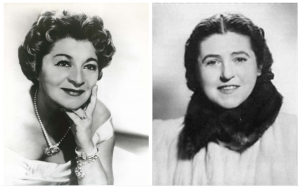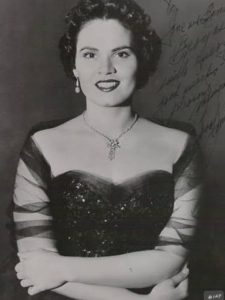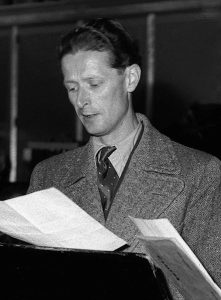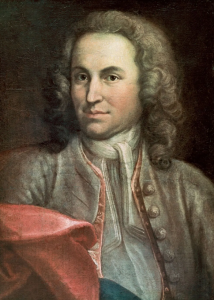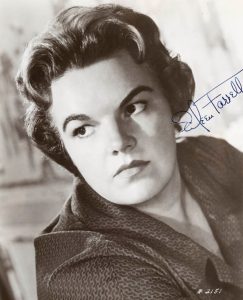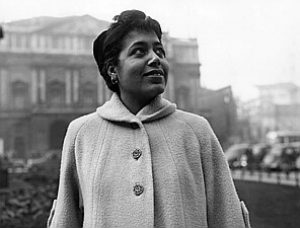Podcast: Play in new window | Download (Duration: 1:34:40 — 130.0MB) | Embed
Subscribe: Spotify | TuneIn | RSS | More
Today I was torn between bringing you an episode with trashy secular holiday songs or taking the high road with the Christmas portion of Paul Hindemith’s Das Marienleben cycle, featuring recordings by Jennie Tourel and Erich Itor Kahn (in the songs) preceded by Lotte Lehmann, reading from the original Rainer Maria Rilke poetry cycle. I chose the high road, and I think that I chose wisely. Neither Lehmann’s nor Tourel’s exceptionally beautiful recordings was ever reissued in any format, and these days it is quite rare to even find a copy of either. I was lucky recently to obtain copies of both and I offer the poems and songs from the first half of the cycle here, supplemented by Irmgard Seefried singing two Hindemith motets on the life of Christ, the versatile British soprano Dorothy Dorow singing a carol text set by Arnold Bax. And for those who would have preferred Holiday Trash, I begin the proceedings with the the iconic “Not on Christmas” sequence from John Waters’s 1974 masterpiece, Female Trouble. In short: something for everyone in this holiday episode!
Countermelody is a podcast devoted to the glory and the power of the human voice raised in song. Singer and vocal aficionado Daniel Gundlach explores great singers of the past and present focusing in particular on those who are less well-remembered today than they should be. Daniel’s lifetime in music as a professional countertenor, pianist, vocal coach, voice teacher, and author yields an exciting array of anecdotes, impressions, and “inside stories.” At Countermelody’s core is the celebration of great singers of all stripes, their instruments, and the connection they make to the words they sing. By clicking on the following link (https://linktr.ee/CountermelodyPodcast) you can find the dedicated Countermelody website which contains additional content including artist photos and episode setlists. The link will also take you to Countermelody’s Patreon page, where you can pledge your monthly or yearly support at whatever level you can afford.
